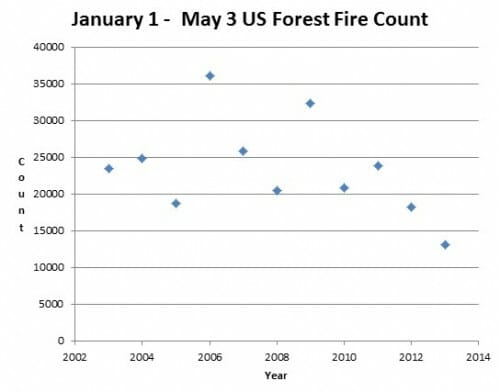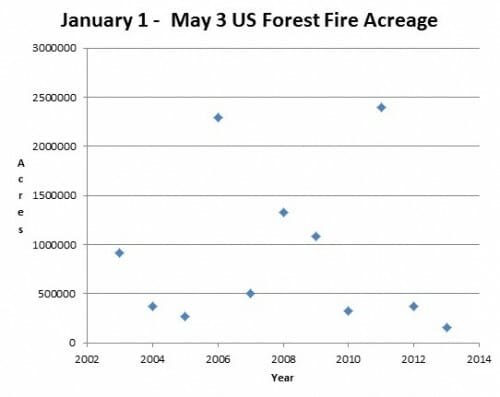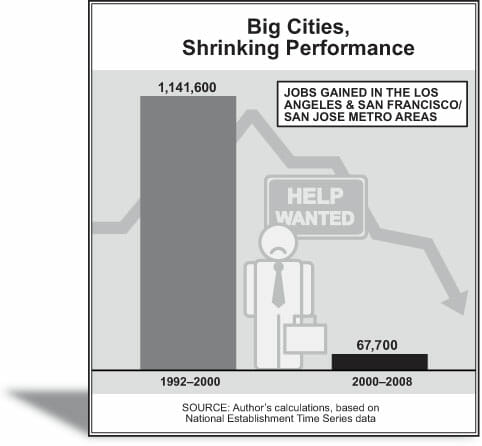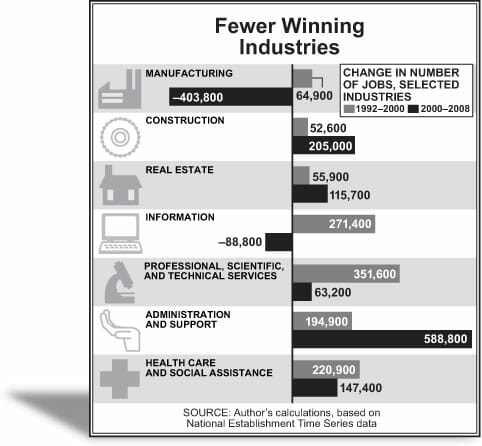My New Worst Business Ever: YP
YP is the modern name for what used to be the Yellow Pages. Obviously, yellow pages are a dying business. Ten years ago the Phoenix Yellow Pages had to be broken up into two books, each a couple inches think. I happened to see one the other day, and it was the size of a short novel. They tried to move to the web, but who goes to Yp.com (vs. google or Yelp) to find a business?
Even in the glory days of yellow pages, it was always hard to cancel their service. If you did not tell them by like August, they would start billing you for the next year and sic a collection agency on you if you disputed it.
However, it appears that now that YP is a dying business, and knows that each lost customer will likely never be replaced, it has turned into the Hotel California.
In 2013, I left a location in Ventura County. We had advertised in the Yellow Pages for years (back when it made sense) and had never been able to cancel it in time -- by the time we remembered it each year it had already auto renewed. Soon after we left, I notified them that we needed to cancel. At the time, I tried to negotiate a reduction in the 2014 charges but figured I probably would have to pay them, which I did.
Then, in 2015 I started getting bills. I called each month patiently explaining and sending letters that we had already cancelled. They would say that they had no record of my ever calling, but they swore they would mark the account as closed and that it would be fixed. Then the next month it would all repeat -- a bad customer service Groundhog Day.
Finally this week I started getting legal threats and collection agency notices that I owe $499 for 2015 and that my life would be left in ruins with the ground salted if I did not pay immediately. So I called today and AGAIN they had no record of my cancelling -- in fact, it was on a path to renew again for 2016.
Look, I am the first to tell folks to never chalk up to conspiracy what can as easily be explained by mass incompetence. But at some point one has to suspect there is fraud going on here to retain customers as long as possible for a dying service.
So here is what I am left with -- I found someone in their organization who may be willing to settle my non-debt for non-services for a couple of hundred. I told them this was absurd, since I did not owe it, but that I would pay a couple hundred dollars if they would give me a letter that said the account is closed and fully settled. From the outside, this may seem a bad trade. But I have enough lawyers in my life and hiring lawyers would be the only way to solve this any other way. And besides, $200 is cheap compared to the thousands of dollars of my personal time I have spent farting with this.
Update 9/27/15: God, this is Groundhog Day! YP said that I should send a certified letter to such and such address to make absolutely sure that my account was cancelled. I sent it to that exact address, braving a 30-minute line at the post office to do so. So of course, the letter just came back undeliverable. I have held off saying this, but these guys are total scam artists. They seem to have no intention of ever letting me leave.




